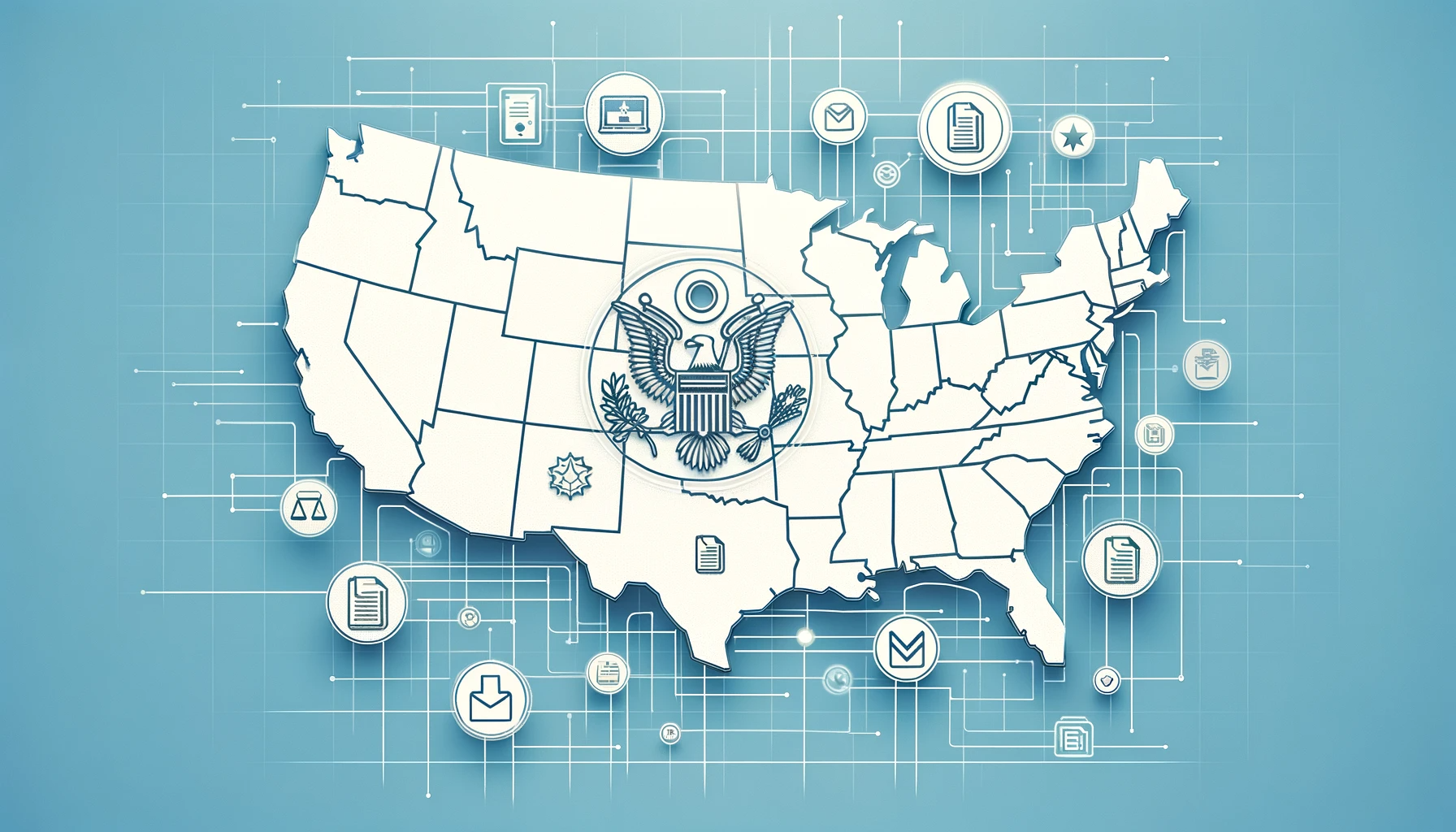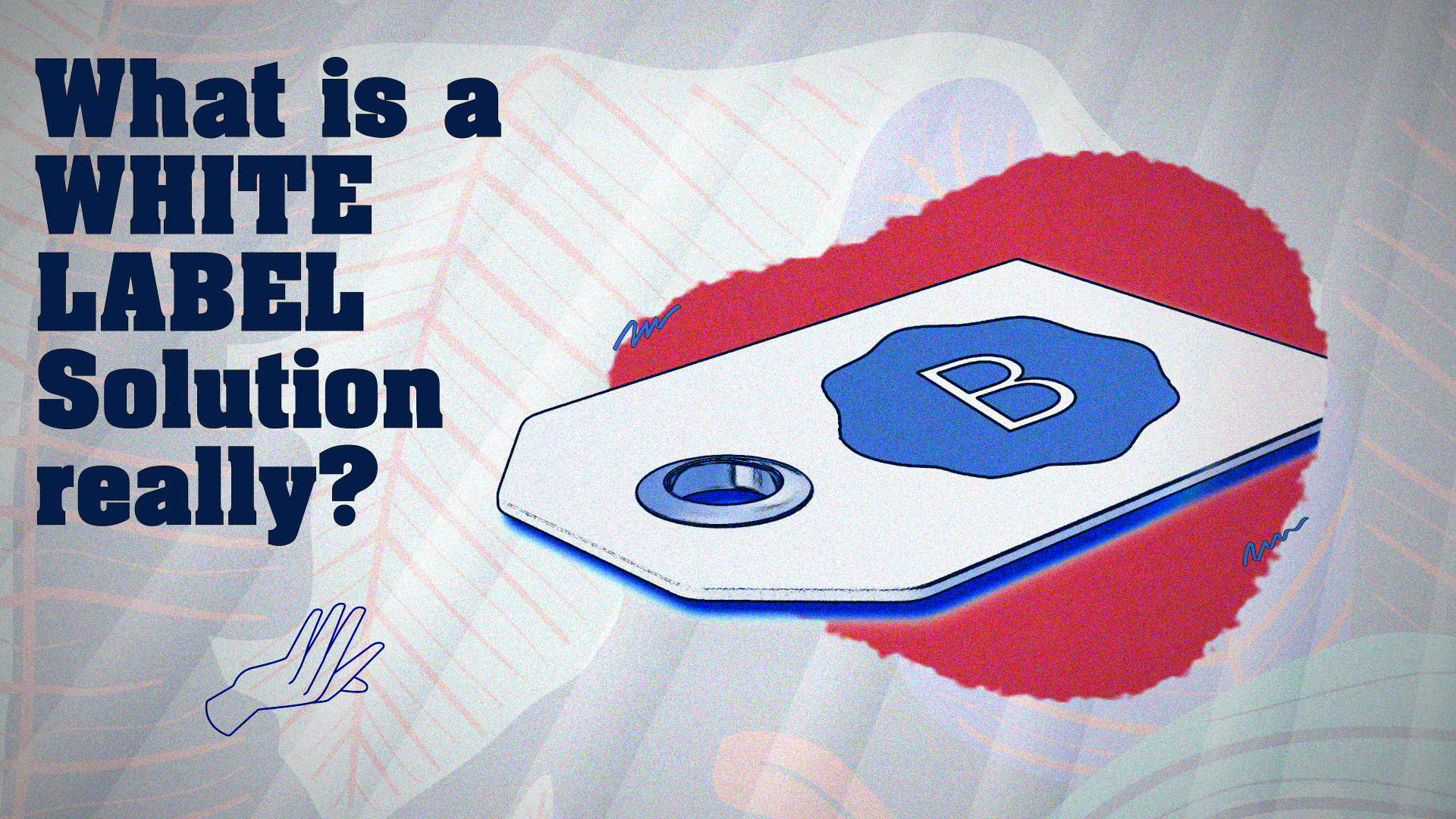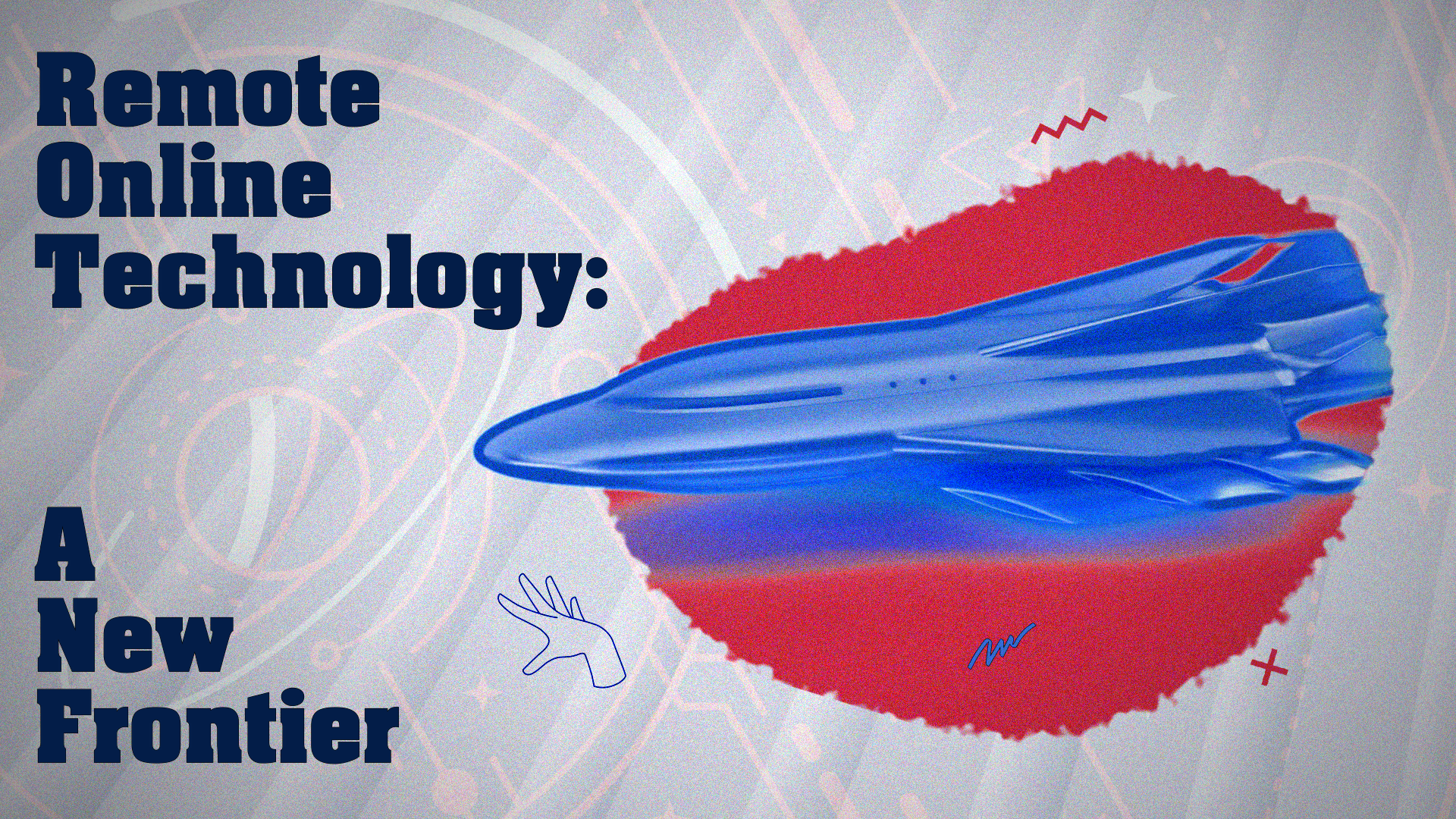If there is one good thing that came out of the coronavirus pandemic, it is none other than remote online notarization. It has been a game-changer as it has made our lives a whole lot easier. In fact, remote online notarization has become the go-to option in today’s day and age. You can easily get a notarized signature without having to go through any trouble when you opt for the virtual option. Even when you’re in a different state (or country for that matter) than the notary.
With a service such as BlueNotary, you can easily arrange a session with a notary and get your documents notarized as well as ensure that they have an official seal from the notary. The best thing about the option is that you can get everything done from your home or office.
If you are interested in learning more about remote online notarization including which states have legalized the remote online notarization, you have come to the right place. Virginia introduced relevant laws to ensure that nobody struggled to get documents notarized. It passed a law that made remote online notarization the norm. The good news is that there are many other states that have laws in favor of the option. The House has even passed notarization laws to make it legal nationally.
About Remote Online Notarization
With remote online notarization, you can expect to get documents signed and verified without having to go anywhere. All you have to do is meet with the licensed notary and upload relevant documents so that they can be signed digitally. The notary would verify the identity of the parties involved and check the signs. Once satisfied, notarization would be done.
What makes remote online notarization a great option is the fact that it allows you to avoid the hassle. You no longer need to drive around the city trying to find someone who can notarize your documents. No longer do you need to look for a “notary public near me”
Which States Permit Remote Online Notarization?
In order to find out where remote online notarization is allowed across state lines, you need to know which states even permit the use of the service. Just about every state has passed its own laws for regulating remote online notarization. As many as 40+ states have fully implemented the use of a virtual option, whereas, others had introduced emergency laws during the coronavirus pandemic.
The US Senate suggested the Secure Notarization Act 2020 in March of 2020 for authorizing and establishing minimum standards for remote notarization. The law aims to help facilitate interstate business transactions.
Where Is It Legal to Get Documents Notarized Remotely?
The emergence of the coronavirus pandemic led to remote online notarization gaining traction. Relevant laws have made it possible to get a variety of documents notarized online if you live in a state that permits it. The fact is that some states have been keen on passing laws for its introduction and even permit remote online notarization across state lines.
On the other hand, some only allowed for notarizations to be done over the internet for a certain amount of time. Some states like Utah have stricter laws regarding the location of their documents. For many states and documents though, RON is a full go.
States That Have Fully Implemented Remote Online Notarization
Around 40+ states allo you to notarize documents remotely. As there are laws in place, you can easily get notarization done across state lines in case Arizona, Alaska, Colorado, Idaho, Florida, Indiana, Kentucky, Iowa, Montana, Maryland, Minnesota, Michigan, Missouri, Nevada, Nebraska, North Dakota, Oklahoma, Ohio, Pennsylvania, Texas, Tennessee, Utah, Washington, Virginia, Wyoming, and Wisconsin.
States That Had Passed Emergency Laws for Remote Online Notarization
Mississippi and South Dakota allow digital signing but in-person notarization is still necessary. On the other hand, Vermont offers online notarization but there is a limitation for electronic signatures. Paper documents have to be signed by the parties. As for Delaware, it only permits notaries that are licensed. The laws are a bit more restrictive if you live in New Hampshire, North Carolina, Rhode Island, Massachusetts, Maine, Illinois, Connecticut, and Arkansas.

Are There Any States That Have Not Passed Any Legislation For Remote Online Notarization?
Unfortunately, some states still have some catching up to do when it comes to allowing remote online notarization or RON – for notaries. States that do not permit notaries to do online notarization include Washington DC, California, and South Carolina. But it is possible to get your documents notarized online as a signer in those states. You’ll simply need to find someone from another state who is authorized to notarize online. Most states recognize the validity of RON if it complys with the requirements of the state.
So How Does Remote Online Notarization Even Work?
In order for an online notarization to be performed, the notary has to have a notary license. Special training is also fundamental as it would ensure that the notary has a solid understanding of the legal system and know which requirements have to be met. Only the safest standards are followed.
Now, it is worth mentioning that the states that have allowed online notarization have enforced strict requirements that have to be met by the online notary. The notary would have to keep a record of each notarization and prove to the state government that the standards have been met. In fact, an online notary journal is also needed. BlueNotary provides recordings of each session, electronic journal, even digital certificate and eSeal (for free!) with every notary account.
Cross State Notarization Conclusions
Remote online notarization across states is very much possible as long as you are located in a state that allows it. Make sure to use a service like Blue Notary for the best experience. We provide speed and convenience. Besides, you will find our online notary service to be affordable. No matter which documents you might want to notarize, we are the best option. Thus, you just need to book a session with us today.
Discover the Power of BlueNotary:
Integrate your Business, Title Company, or Law Firm to Satisfy your Customers and Decrease Turnaround
Get a document Notarized/Sign-up
Join the Free Notary Training Facebook Group







